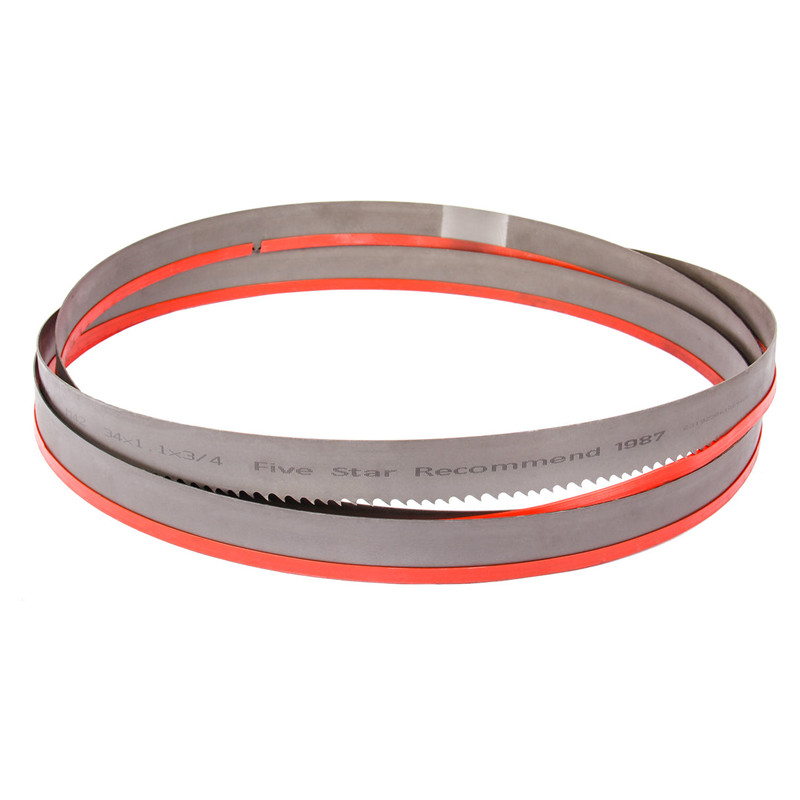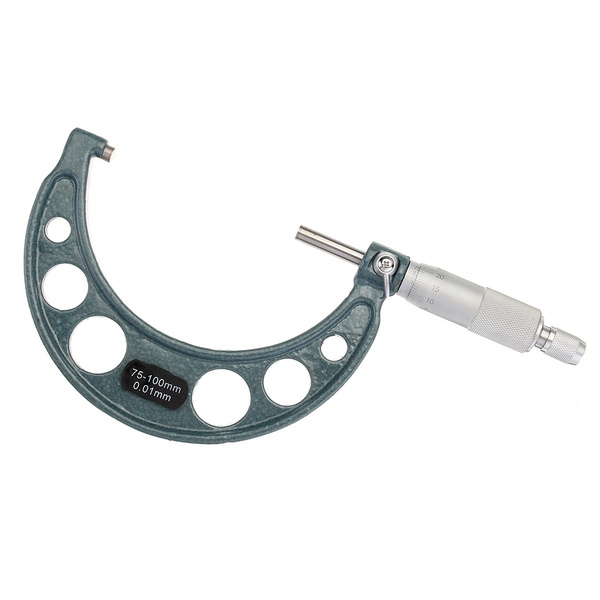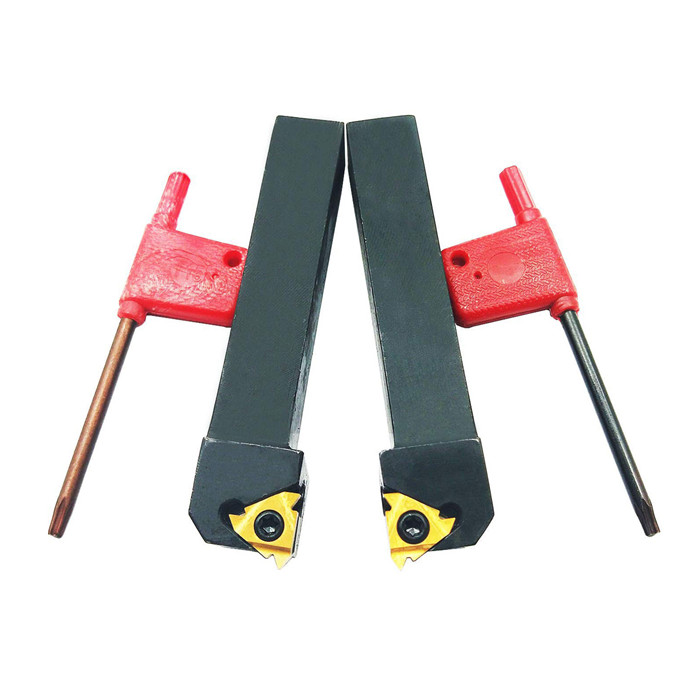Dovetail End Mill Supplier
Finding the right Dovetail End Mill Supplier is crucial for achieving precise and efficient machining. This guide explores key factors to consider when selecting a supplier, including tool quality, material, coating, application suitability, and cost-effectiveness. It also provides a selection of dovetail end mill usage tips for optimal performance.
Understanding Dovetail End Mills
Dovetail End Mills are specialized cutting tools designed to create dovetail slots or grooves. These slots are widely used in woodworking, metalworking, and other manufacturing processes for creating strong and precise joints.
What is a Dovetail Joint?
A dovetail joint is a type of joinery known for its exceptional strength and resistance to pulling forces. It consists of interlocking 'tails' and 'pins,' creating a mechanical bond that doesn't rely solely on adhesives or fasteners. Because of this structure, Dovetail joints are frequently utilized in projects that require significant strength and durability.
Applications of Dovetail End Mills
Dovetail End Mills find applications in various industries:
- Woodworking: Creating dovetail joints for drawers, cabinets, and furniture.
- Metalworking: Machining dovetail slots in machine components and fixtures.
- Mold Making: Fabricating dovetail slides and other features in molds.
Key Factors to Consider When Choosing a Dovetail End Mill Supplier
Selecting the right Dovetail End Mill Supplier is vital for ensuring quality, performance, and cost-effectiveness. Consider these factors:
Tool Quality and Material
The quality of the end mill directly impacts its performance and lifespan. Look for suppliers offering tools made from high-speed steel (HSS), cobalt steel, or solid carbide. Carbide end mills offer superior hardness and heat resistance, making them ideal for machining tougher materials like steel and stainless steel. Tools offered by Wayleading Tools use high quality materials with premium coatings for long life and enhanced part finish.
Coating
Coatings enhance the performance and longevity of Dovetail End Mills. Common coatings include:
- Titanium Nitride (TiN): General-purpose coating for increased hardness and wear resistance.
- Titanium Aluminum Nitride (TiAlN): High-performance coating for high-temperature machining.
- Diamond-Like Carbon (DLC): Excellent for machining non-ferrous materials like aluminum and copper.
Application Suitability
Choose an end mill specifically designed for your intended application. Consider factors like the material being machined, the desired slot size, and the machine's capabilities. Dovetail End Mill suppliers like Wayleading Tools provide detailed product specifications to help you make the right choice.
Cost-Effectiveness
While quality is paramount, cost is also a factor. Compare prices from different suppliers, considering the tool's expected lifespan and performance. Investing in a higher-quality end mill from a reputable Dovetail End Mill Supplier can often save money in the long run by reducing tool wear and improving machining efficiency.
Top Dovetail End Mill Suppliers
Many suppliers offer Dovetail End Mills. Here are a few of the most reputable:
- Wayleading Tools (www.wayleading.com): Offers a wide range of high-quality end mills with various coatings and sizes. They specialize in providing tools for precision machining and are known for their customer service and technical expertise.
- Guhring: A global leader in cutting tool technology, Guhring offers a comprehensive range of end mills for various applications.
- Sandvik Coromant: Known for its innovative tooling solutions, Sandvik Coromant provides high-performance end mills for demanding machining environments.
Tips for Using Dovetail End Mills
Proper use of Dovetail End Mills is essential for achieving optimal results and extending tool life. Consider these tips:
- Use Proper Cutting Parameters: Consult the supplier's recommendations for cutting speed, feed rate, and depth of cut.
- Ensure Adequate Coolant: Use coolant to reduce heat buildup and improve chip evacuation.
- Secure Workpiece: Properly secure the workpiece to prevent vibration and ensure accurate machining.
- Inspect Tool Regularly: Check the end mill for wear and damage before and after each use.
- Maintain Sharpness: Resharpen or replace the end mill when it becomes dull to prevent poor surface finish and increased cutting forces.
Troubleshooting Common Dovetail End Mill Problems
Even with proper care, you may encounter issues with your Dovetail End Mill. Here are some common problems and their solutions:
- Chipping or Breakage: Could be caused by excessive feed rates, incorrect tool selection, or workpiece instability. Reduce feed rates, choose a more robust tool, or ensure proper workpiece clamping.
- Poor Surface Finish: Can result from dull tools, improper cutting parameters, or insufficient coolant. Sharpen or replace the tool, adjust cutting parameters, or increase coolant flow.
- Vibration: May indicate a loose tool holder, unstable workpiece, or excessive cutting forces. Tighten the tool holder, secure the workpiece, or reduce cutting parameters.
Comparing Dovetail End Mill Materials
Different materials offer varying levels of performance depending on the application. Here's a simple comparison:
| Material | Hardness | Wear Resistance | Cost | Common Applications |
|---|---|---|---|---|
| HSS (High-Speed Steel) | Moderate | Moderate | Low | Woodworking, general machining |
| Cobalt Steel | High | High | Moderate | Machining harder materials, high-temperature applications |
| Solid Carbide | Very High | Very High | High | High-speed machining, abrasive materials |
By carefully considering these factors and comparing different suppliers, you can choose the right Dovetail End Mill Supplier and ensure optimal machining results. Choosing a reliable Dovetail End Mill Supplier is as important as choosing a correct tool, Wayleading Tools is willing to be your reliable supplier.
Related products
Related products
Best selling products
Best selling products-
 HSS Metric & Inch Woodruff Keyseat Cutter With Straight Or staggered Teeth
HSS Metric & Inch Woodruff Keyseat Cutter With Straight Or staggered Teeth -
 HSS Metric 4 Flute End Mills With Bright Or TiN And TiAlN Coated
HSS Metric 4 Flute End Mills With Bright Or TiN And TiAlN Coated -
 Precision IP54 Digital Outside Micrometer Of Inch & Metric With Data Output
Precision IP54 Digital Outside Micrometer Of Inch & Metric With Data Output -
 Indexable Square Shoulder End Mill For Industrial
Indexable Square Shoulder End Mill For Industrial -
 30PCS HSS Metric And Inch Size MINI Tap & Die Set
30PCS HSS Metric And Inch Size MINI Tap & Die Set -
 M51 Bi-Metal Bandsaw Blades For Industrial Type
M51 Bi-Metal Bandsaw Blades For Industrial Type -
 Precision Micrometr Holder For Micrometer
Precision Micrometr Holder For Micrometer -
 Precision V Block And Clamps Set With Heavy Duty
Precision V Block And Clamps Set With Heavy Duty -
 Outside Micrometer Of Premium Industrial Inch & Metric With Rachet Stop
Outside Micrometer Of Premium Industrial Inch & Metric With Rachet Stop -
 Precision V Block And Clamps Set With High Quality Type
Precision V Block And Clamps Set With High Quality Type -
 HSS Inch Convex Milling Cutter For Industrial
HSS Inch Convex Milling Cutter For Industrial -
 Type G Arc Pointed Tree Tungsten Carbide Rotary Burr
Type G Arc Pointed Tree Tungsten Carbide Rotary Burr










